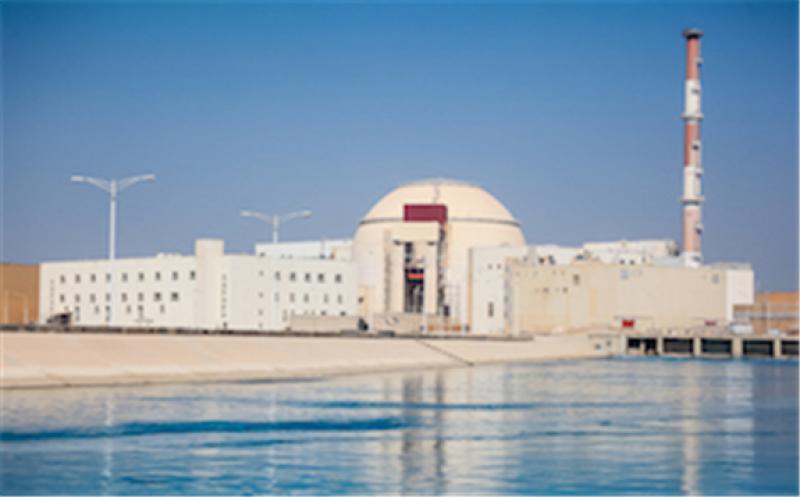Russian Foreign Minister Sergei Lavrov told a press conference on 26 January that he had discussed with his Iranian counterpart Mohammad Javad Zarif the construction of new units at the Bushehr NPP.

Russia is ready to help Iran expand the capacity of the existing Bushehr nuclear power plant through the construction of new units, he said following talks with Zarif.
“We especially talked about cooperation on the construction of new units of the Bushehr nuclear power plant in Iran and generally welcomed the focus of all our colleagues from the economic bloc of the governments of the two countries and the business circles of the Russian Federation and Iran on the all-round development of a multifaceted partnership,” he said, according to Tass.
Hadi Beyginjad, a senior member of Iran’s parliamentary committee on energy, had said on 24 January that Iran and Russia are confidently continuing construction of the second and third stages of the Bushehr NPP. “Agreements for the second and third stages of the Bushehr power plant were signed with the Russians within the framework of 10-year and 8-year contracts,” Beyginjad noted. “The foundation of the second stage of the nuclear power plant is under construction, and work has also begun on the planning of the site considered for the third power unit”.
Operation of Bushehr 1, built by Rosatom, began in 2011 and reached full capacity the following year. Rosatom subsidiary ASE, which is the general contractor for the Bushehr project, and Nuclear Power Production and Development Company of Iran signed an EPC turnkey contract for construction Bushehr 2 and 3 in November 2014 and work started on site preparation in December 2016. In March 2017, construction officially began of the two units, which are planned to be commissioned in 2024 and 2026. Pouring of first concrete for Bushehr 2 took place in November 2019.
The two VVER-1000 units will be built with Generation III+ technology, including the latest safety features, and have a combined capacity of 2100 MWe. Russia provides fuel for Bushehr and the plant is closely monitored by the International Atomic Energy Agency.